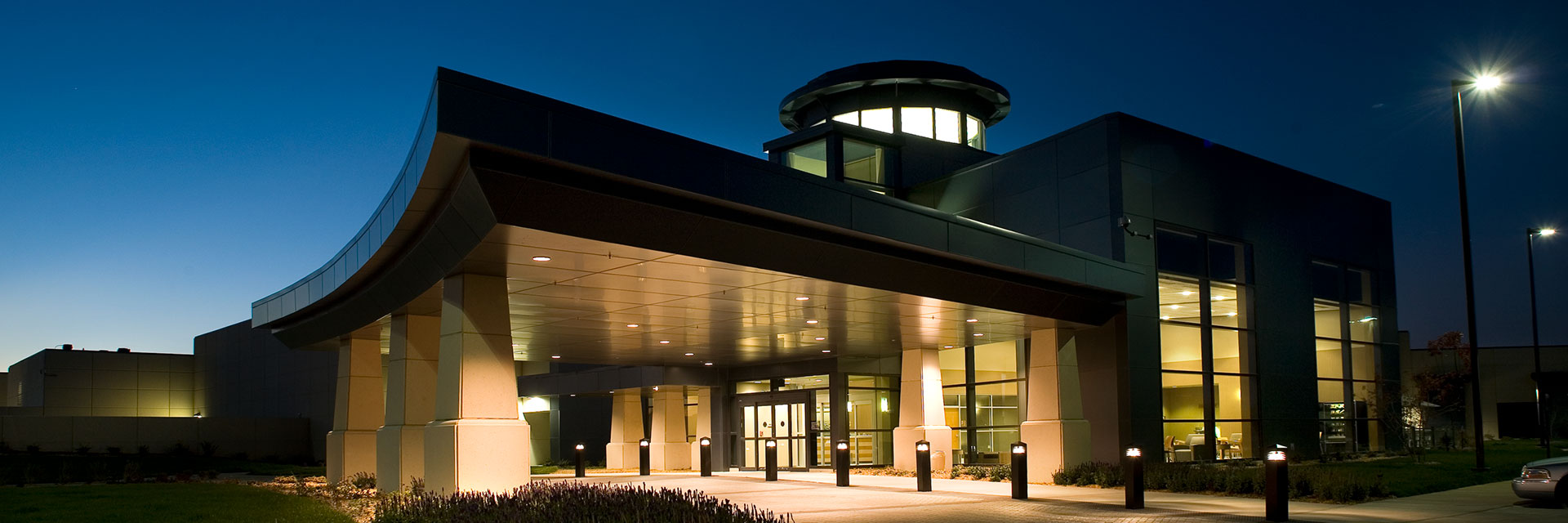13 Nov Time Change
Moving our clocks in either direction changes the principal time cue — light — for setting and resetting our 24-hour natural cycle, or circadian rhythm. In doing so, our internal clock becomes out of sync or mismatched with our current day-night cycle. How well we adapt to this depends on several things.
In general, “losing” an hour in the spring is more difficult to adjust to than “gaining” an hour in the fall. It is similar to airplane travel; traveling east we lose time. An “earlier” bedtime may cause difficulty falling asleep and increased wakefulness during the early part of the night. Going west, we fall asleep easily but may have a difficult time waking.
How long will it take you to adapt to time changes? Though a bit simplistic, a rule of thumb is that it takes about one day to adjust for each hour of time change. There is significant individual variation, however.
How will you feel during this transition? If you are getting seven to eight hours of sound sleep and go to bed a little early the night before, you may wake up feeling refreshed. If you are sleep-deprived already, getting by on six hours, you’re probably in a bit of trouble, especially if you consume alcohol or caffeine close to bedtime. In this situation, you may well experience the decrements of performance, concentration, and memory common to sleep-deprived individuals, as well as fatigue and daytime sleepiness.
What can you do to reset your internal clock to adapt more quickly to the time changes? Your circadian rhythm is internally generated but is influenced by the environment, behavior, and medications.
• As mentioned, light is the principal environmental cue. Light suppresses the secretion of the sleep-inducing substance melatonin. So it is important to expose yourself to the light during the waking hours as much as possible, and conversely, do not expose yourself to bright light when it is dark outside. For example, if you get up at night to go to the bathroom, do not turn on the light. Prepare beforehand by installing a night light. Interestingly, specifically timed light therapy may either advance or delay your sleep cycle, depending on when it is delivered.
• Sleep hygiene is a term used to describe those actions you can take to create sleep-friendly environments and enhance your chances of falling asleep, staying asleep, and sleeping soundly. Basic sleep hygiene includes reducing or eliminating caffeine and alcohol, exercising several hours before bedtime, creating calming rituals before bed to gradually relax yourself (taking a hot bath for example), and wearing ear plugs and eye masks, to name a few. Also important is going to bed and rising at the same time every day. Though there is no evidence that certain diets will actually influence your circadian rhythm, carbohydrates tend to make it easier to fall sleep.
• It is unlikely that medications would be needed for a simple one-hour time change of the a clock, but in certain circumstances, like traveling across multiple time zones, hypnotic drugs like bendodiazepines may be used. Their indication is primarily to induce sleep when desired, to get on a new schedule. Given their potential for addiction and that they can negatively affect the quality of sleep, they should only be used under the direct guidance of a doctor or sleep specialist.

